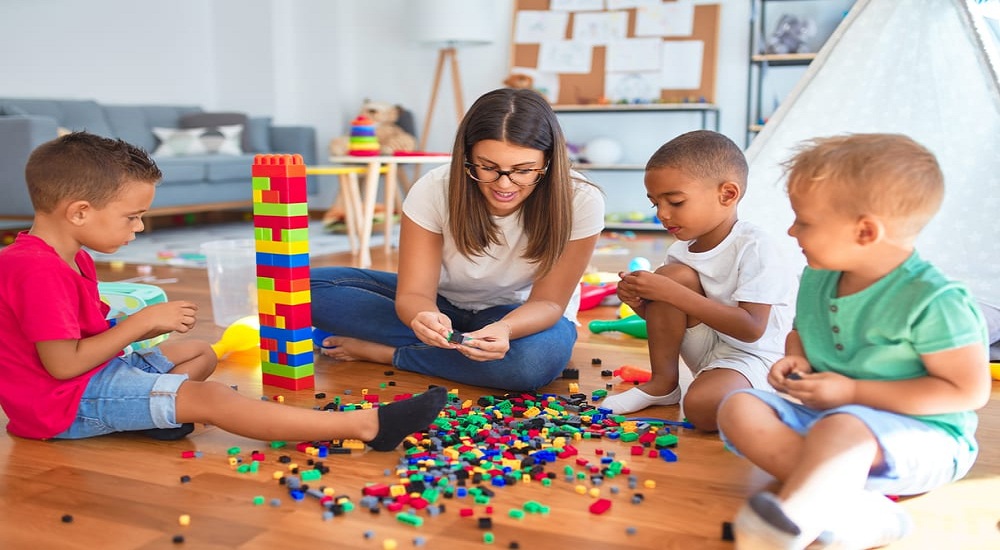Unlike adults, children cannot express their emotions and explain the mental issues troubling them. Thus, it becomes difficult for a psychotherapist to identify the child’s emotional or mental problem. To this end, play therapy is an effective method to explore children’s emotional and mental state.
Play Therapy is psychotherapy that uses play as a medium to identify mental trauma in children. Devise coping mechanisms and good behaviors to eliminate or reduce the impact of such mental issues. Licensed mental health professionals such as psychiatrists, psychologists, behavioral therapists and others provide play therapy counselling in India.
Play Therapy certification
National Association for Play Therapy provides accreditation to play therapists to become certified play therapists in India. Certain standards have been set for giving play therapy counselling India, and certified play therapists must comply with those standards. A certain number of supervised clinical hours and training are required to become a certified play therapist in India.
Certification programs are also offered by the National Association for Play Therapy. It enables mental health professionals to become well versed with the principles, techniques, skills and interventions of play therapy.
Modus operandi of Play Therapy
Play Therapy provides a comfortable environment to the children, which stimulates them to express their deep-rooted emotions. The playroom is the crucial component of play therapy. A playroom full of toys, art and craft materials enables the child to spontaneously express his/her feelings.
The therapy can be directive or non-directive. In a non-directive approach, the child selects toys and performs specific activities with them which reflect his/her mental state. Many children also draw specific kinds of things indicative of their emotional trauma. In a directive approach, the therapist determines a specific treatment goal and selects toys and games for the child as per the goal.
The play therapist observes the child’s activities in the playroom and notes the interpretations. The therapist can also ask the child to perform specific activities and write down the observations about how the child performed. The therapist diagnoses the kind of mental problem a child faces based on the behavior displayed during the play sessions.
Activities that help heal the mental trauma or correct wrong behaviors are devised for the child to perform in the playroom. The parents are trained to give complete support to the child at home. The parents are also the main elements of the feedback mechanism because play therapists seek information regarding changes in the child’s behavior at home from the parents.
Benefits of Play Therapy
Play Therapy is suitable for a host of issues such as abnormal anger, excessive sadness or fear, abnormal behavior, extreme shyness, inability to interact with others, learning problems, problems in eating or sleeping and low self-esteem. Children who have undergone physical or mental trauma or sexual abuse or witnessed tragic incidents such as murders or parents’ separation can also benefit immensely from play therapy.
Play Therapy increases self-confidence in mentally distressed children. Play Therapy also imbibes social skills and develops respect and empathy for family members, friends and others. Through various play activities, the children are trained to develop coping mechanisms to deal with mental trauma and problem-solving skills. Fine and gross motor skills are also improved by play therapy.
Last Words
On average, twenty play therapy sessions are required to rectify the mental issues of a child. However, the number can be more or less depending upon the severity of the problems.



























































